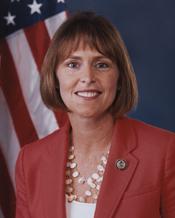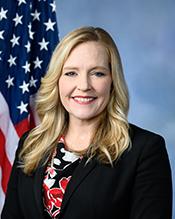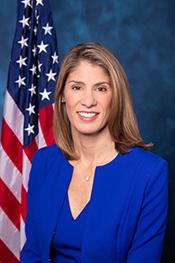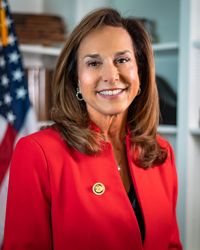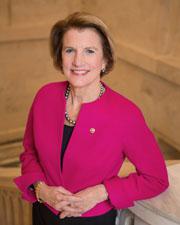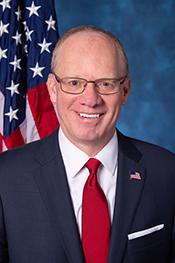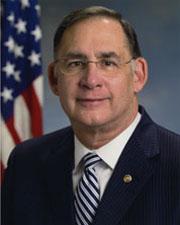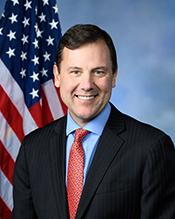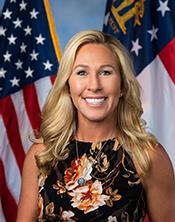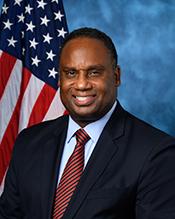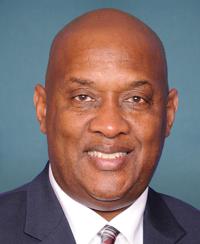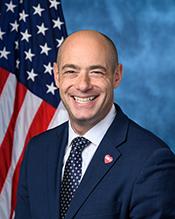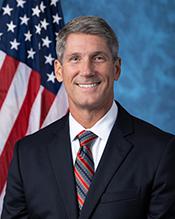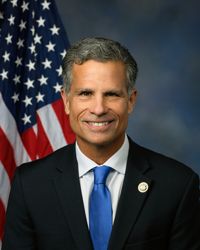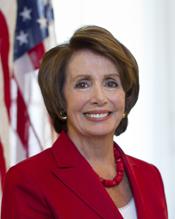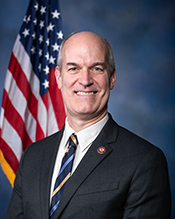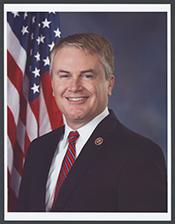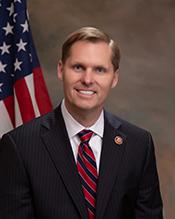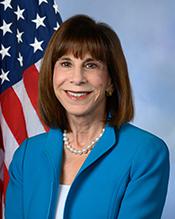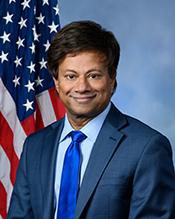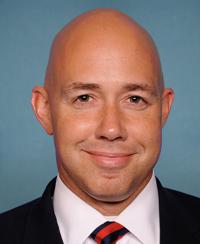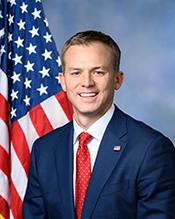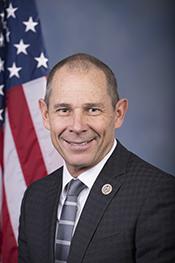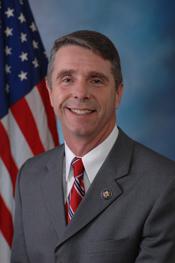H.R. 1770: Consumer Safety Technology Act
This bill, known as the Consumer Safety Technology Act, proposes several initiatives aimed at enhancing consumer protection through technological advancements. It primarily involves the establishment of programs to explore the use of artificial intelligence (AI) and blockchain technology in relation to consumer products. The key components of the bill are outlined below:
1. Establishment of Pilot Program for AI
The bill directs the Consumer Product Safety Commission (CPSC) to create a pilot program within one year of the bill's enactment. The purpose of this program is to investigate how AI can be utilized to support the Commission's mission to ensure consumer product safety. The program will focus on the following areas:
- Tracking trends related to injuries caused by consumer products.
- Identifying hazards associated with consumer products.
- Monitoring marketplaces, including online platforms, for the sale of recalled products.
- Identifying consumer products that are prohibited from entering the United States.
Furthermore, while conducting this pilot, the CPSC is required to consult with experts in AI, cybersecurity, the retail sector, product manufacturers, and consumer safety organizations to gather insights and best practices.
Upon conclusion of the pilot program, the CPSC must report its findings to Congress, detailing the effectiveness of AI in improving consumer product safety.
2. Study on Blockchain Technology
The bill also mandates the Secretary of Commerce to complete a study on the potential applications of blockchain technology for consumer protection within one year. This study aims to explore how blockchain can help prevent or mitigate fraud and other deceptive practices. Key aspects of the study will include:
- Existing and emerging uses of blockchain in consumer protection.
- Trends in the commercial use of blockchain for fraud prevention.
- Best practices for public-private partnerships in using blockchain.
- Benefits and risks associated with blockchain for consumer safety.
- Possible modifications to federal regulations that could promote blockchain usage for consumer protection.
After completing the study, a report summarizing the findings must be submitted to Congress.
3. Token Taxonomy and Regulation
Another aspect of the bill is related to the regulation of digital tokens. The Federal Trade Commission (FTC) is tasked with submitting a report within one year on:
- Actions taken against unfair or deceptive practices involving tokens.
- Efforts to prevent such practices in the token marketplace.
- Recommendations for legislative changes that could enhance consumer protections related to tokens.
This section acknowledges the growing importance of tokens and blockchain technology and emphasizes the need for proper training and resources within the FTC to effectively handle issues in this area.
Relevant Companies
- AMZN (Amazon) - As a major online marketplace, Amazon may be impacted by regulations surrounding the sale and monitoring of consumer products. The bill could affect how it manages recalls and product safety.
- GOOGL (Alphabet Inc.) - Google's platforms include many marketplaces that may be monitored under the CPSC’s initiatives for recalled products, influencing their operations and compliance responsibilities.
- FB (Meta Platforms Inc.) - As a social media platform, Meta may play a role in disseminating information regarding consumer product safety and recalls, which could be regulated by the provisions of this bill.
This is an AI-generated summary of the bill text. There may be mistakes.
Sponsors
4 bill sponsors
Actions
15 actions
| Date | Action |
|---|---|
| Jul. 15, 2025 | Received in the Senate and Read twice and referred to the Committee on Commerce, Science, and Transportation. |
| Jul. 14, 2025 | At the conclusion of debate, the Yeas and Nays were demanded and ordered. Pursuant to the provisions of clause 8, rule XX, the Chair announced that further proceedings on the motion would be postponed. |
| Jul. 14, 2025 | Considered as unfinished business. (consideration: CR H3231: 1) |
| Jul. 14, 2025 | Considered under suspension of the rules. (consideration: CR H3212-3214) |
| Jul. 14, 2025 | DEBATE - The House proceeded with forty minutes of debate on H.R. 1770. |
| Jul. 14, 2025 | Motion to reconsider laid on the table Agreed to without objection. |
| Jul. 14, 2025 | Mr. Latta moved to suspend the rules and pass the bill. |
| Jul. 14, 2025 | On motion to suspend the rules and pass the bill Agreed to by the Yeas and Nays: (2/3 required): 336 - 36 (Roll no. 192). (text: CR H3212-3213: 1) |
| Jul. 14, 2025 | Passed/agreed to in House: On motion to suspend the rules and pass the bill Agreed to by the Yeas and Nays: (2/3 required): 336 - 36 (Roll no. 192). |
| Jun. 12, 2025 | Placed on the Union Calendar, Calendar No. 123. |
| Jun. 12, 2025 | Reported by the Committee on Energy and Commerce. H. Rept. 119-157. |
| Mar. 04, 2025 | Committee Consideration and Mark-up Session Held |
| Mar. 04, 2025 | Ordered to be Reported by Voice Vote. |
| Mar. 03, 2025 | Introduced in House |
| Mar. 03, 2025 | Referred to the House Committee on Energy and Commerce. |
Corporate Lobbying
0 companies lobbying
None found.
* Note that there can be significant delays in lobbying disclosures, and our data may be incomplete.

